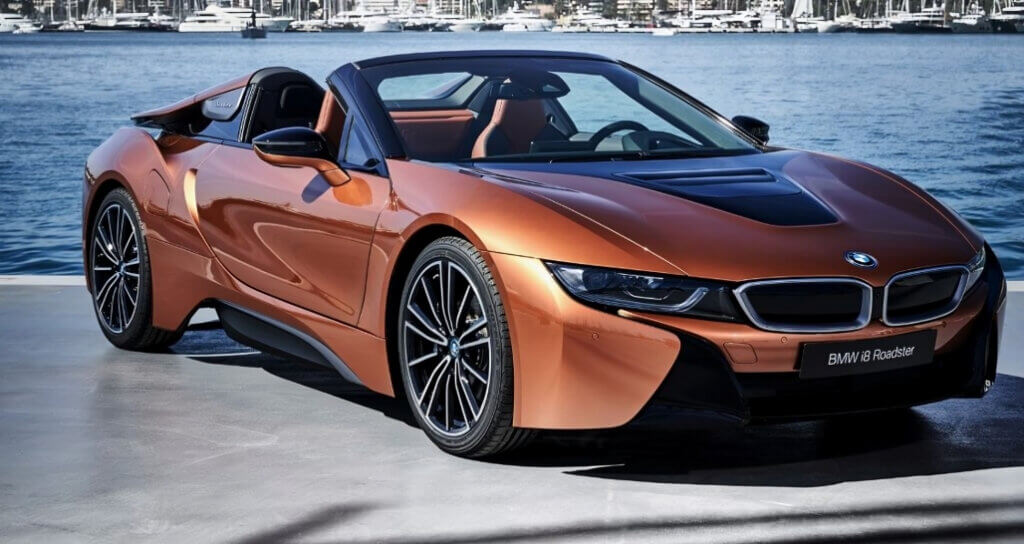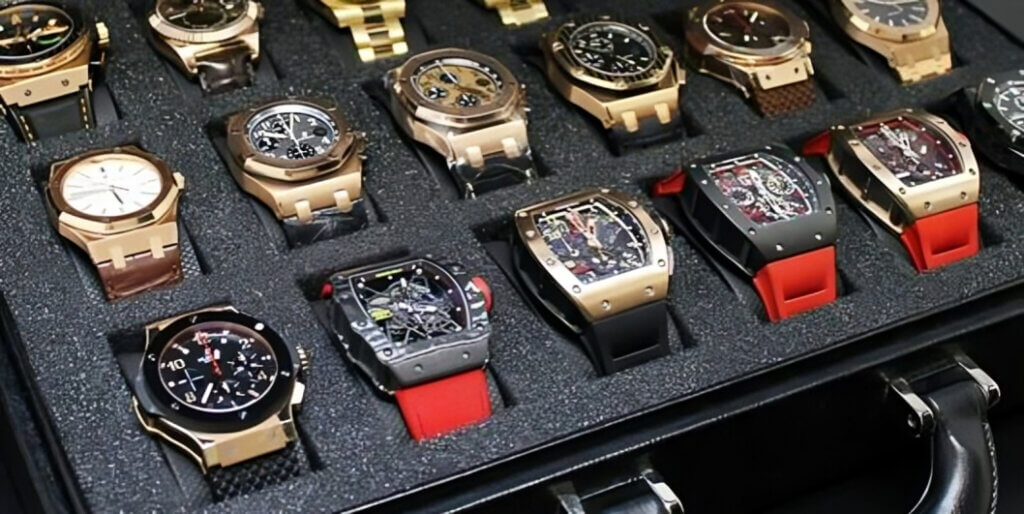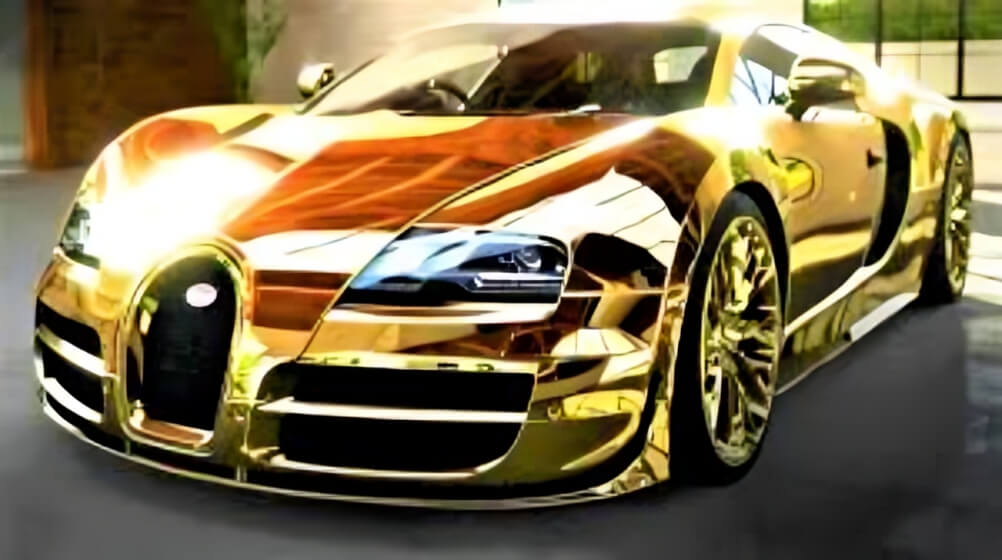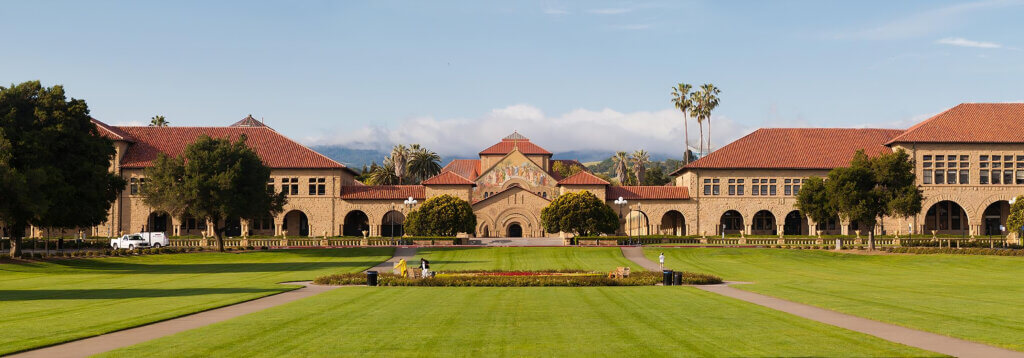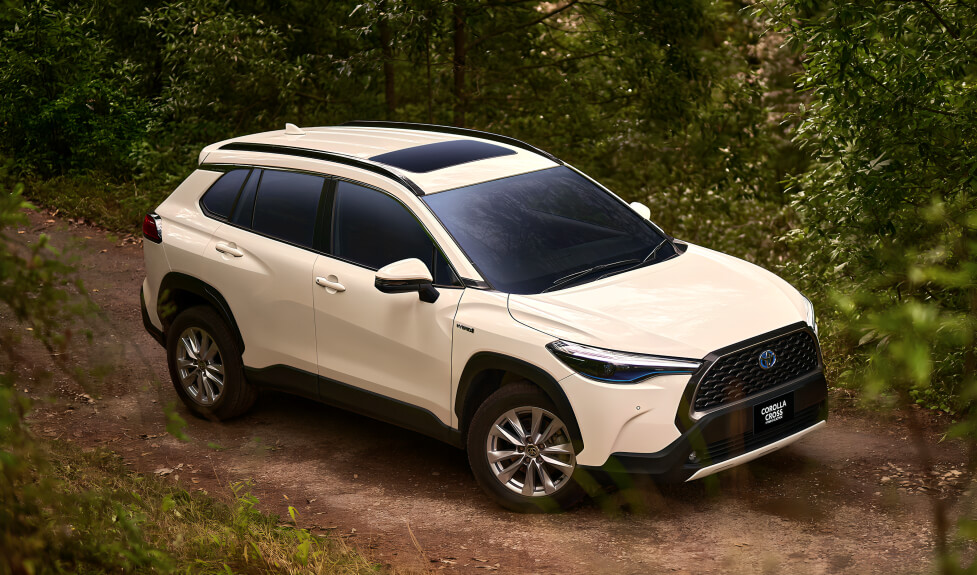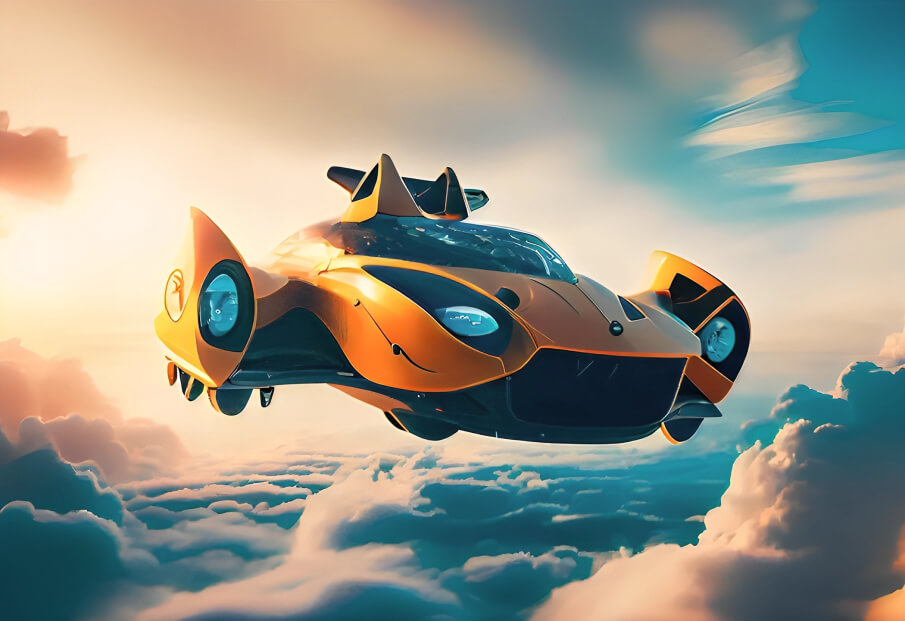Bayerische Motoren Werke AG, commonly known as BMW, is one of the most iconic automotive brands globally, renowned for its innovative engineering, cutting-edge design, and luxury. Since its founding in 1916, BMW has consistently pushed the boundaries of automotive technology, shaping the future of mobility. The company, headquartered in Munich, Germany, has established a strong reputation for producing high-performance vehicles that combine luxury, style, and sustainability. This article explores BMW’s history, commitment to innovation, and its current position in the global automotive industry.
A Brief History
BMW’s origins date back to the early 20th century, starting as an aircraft engine manufacturer. The company initially produced engines for military aircraft during World War I but was forced to shift its focus to other industries after the war ended due to the Treaty of Versailles. In 1923, BMW began producing motorcycles, marking its entry into the transportation sector. Its foray into automobiles started in 1928 when it acquired a small car manufacturer, Automobilwerk Eisenach. The first BMW-branded car, the BMW 3/15, was introduced in 1929.
Over the years, BMW continued to evolve, focusing on creating high-performance vehicles with a distinct emphasis on the driving experience. The brand’s slogan, “The Ultimate Driving Machine,” reflects its dedication to performance and handling. BMW’s commitment to excellence has made it a leading luxury automaker, competing with other industry giants such as Mercedes-Benz and Audi.
Innovation and Technology
One of BMW’s key strengths lies in its focus on innovation. The company has consistently been at the forefront of automotive technology, pushing the envelope in terms of design, efficiency, and performance. BMW has embraced cutting-edge technology to enhance both driving dynamics and sustainability, offering a range of hybrid and electric vehicles (EVs).
BMW’s i-Series, introduced in 2013, marked a major step in the company’s transition to electric mobility. The i3, a compact electric city car, and the i8, a plug-in hybrid sports car, showcased BMW’s commitment to sustainability without sacrificing performance. The introduction of these models demonstrated the brand’s ability to innovate while maintaining its core values of luxury and driving pleasure.
In addition to its electric vehicle lineup, BMW has made significant advancements in autonomous driving technology, connectivity, and safety. Features like BMW’s iDrive system, which integrates navigation, communication, and entertainment, have set industry standards for in-car technology. The company is also heavily investing in research and development (R&D) for autonomous vehicles, working on creating a future where cars can drive themselves, reducing accidents, and enhancing convenience for drivers.
Commitment to Sustainability
In recent years, BMW has placed a strong emphasis on sustainability, aligning with global efforts to reduce carbon emissions. The company has outlined ambitious goals to become a leader in environmentally responsible production. By 2030, BMW aims to reduce its CO2 emissions per vehicle by 40% across its entire life cycle, from production to recycling.
BMW is also committed to sustainable manufacturing practices. The company’s factories are equipped with state-of-the-art technology to minimize waste and energy consumption. Its plants in Leipzig and Dingolfing, for example, utilize renewable energy sources, including wind and solar power. BMW’s dedication to sustainability extends beyond its electric vehicles; it also focuses on responsible sourcing of raw materials and improving battery technology to make EVs more eco-friendly.
Conclusion
BMW’s enduring success can be attributed to its unwavering commitment to quality, innovation, and sustainability. From its early days as an aircraft engine manufacturer to its current position as a leader in the luxury automotive market, BMW has remained focused on creating vehicles that offer the perfect blend of performance, luxury, and environmental responsibility. As the world transitions to a more sustainable future, BMW’s investments in electric mobility, autonomous driving, and green manufacturing practices ensure that it will continue to be a major player in shaping the future of the automotive industry.
